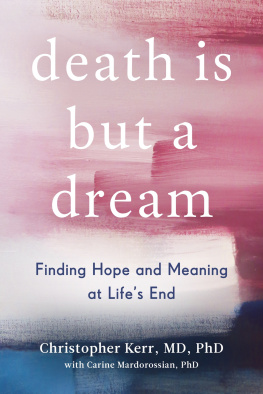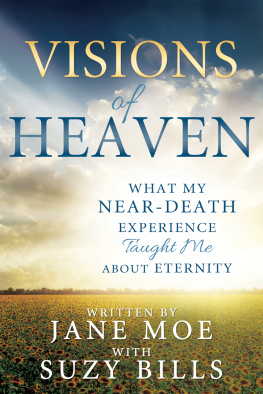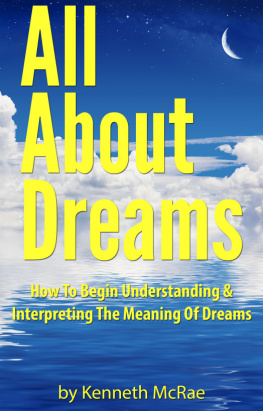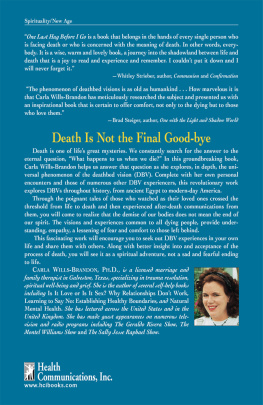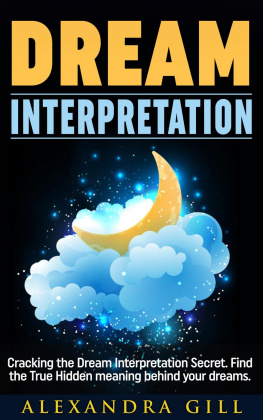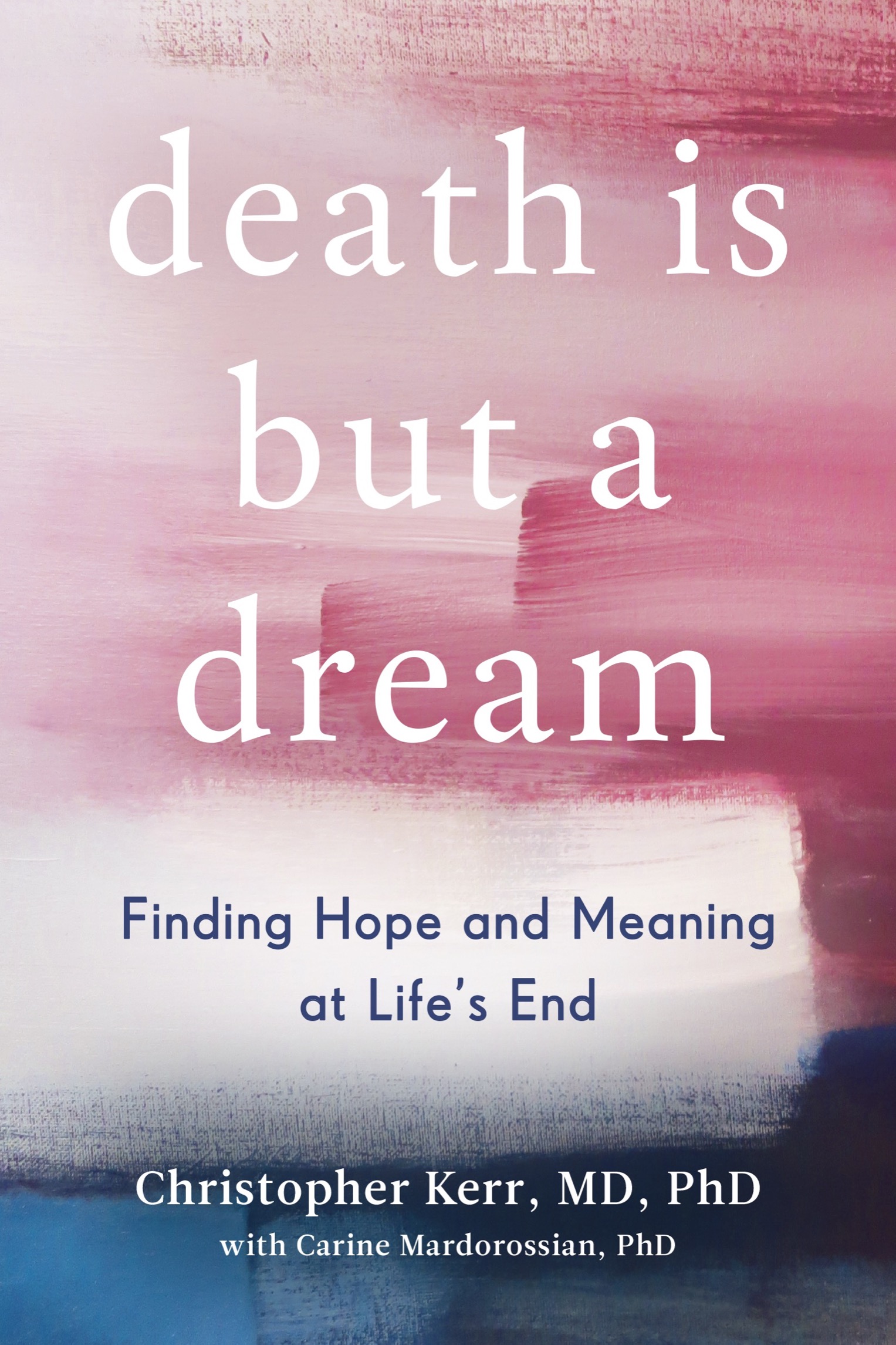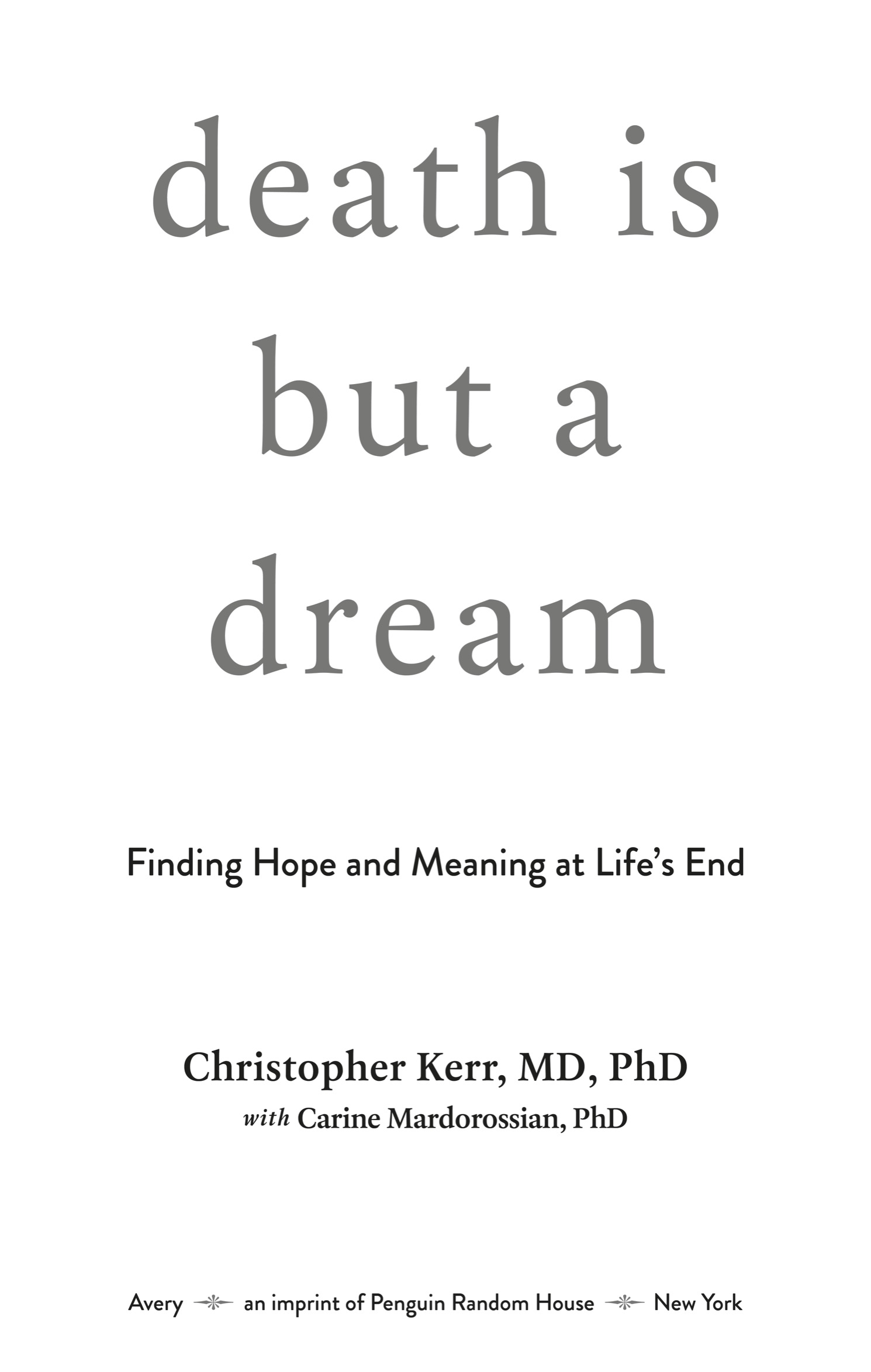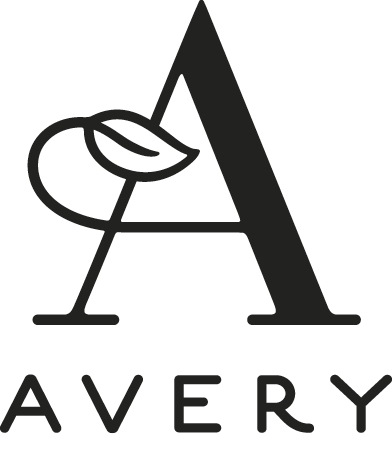
an imprint of Penguin Random House LLC
penguinrandomhouse.com
Copyright 2020 by William Hudson, LLC
Penguin supports copyright. Copyright fuels creativity, encourages diverse voices, promotes free speech, and creates a vibrant culture. Thank you for buying an authorized edition of this book and for complying with copyright laws by not reproducing, scanning, or distributing any part of it in any form without permission. You are supporting writers and allowing Penguin to continue to publish books for every reader.
Grateful acknowledgment is made to reprint from the following:
A Change of Address by Dnall Dempsey. Reprinted with permission of Dnall Dempsey.
The Poems of Emily Dickinson, edited by Thomas H. Johnson, Cambridge, MA: The Belknap Press of Harvard University Press. Copyright 1951, 1955 by the President and Fellows of Harvard College. Copyright renewed 1979, 1983 by the President and Fellows of Harvard College. Copyright 1914, 1918, 1919, 1924, 1929, 1930, 1932, 1932, 1935, 1937, 1942 by Martha Dickinson Bianchi. Copyright 1952, 1957, 1958, 1963, 1965 by Mary L. Hampson.
Stitches, words and music by Teddy Geiger, Danny Parker, and Daniel Kyriakides. Copyright 2015 Music of Big Deal, TG WorldWide Publishing, The Family Songbook, Danny Clementine Music, Hold The Dog, and Megahouse Music. All rights administered by Words & Music, a division of Big Deal Music, LLC. All rights reserved. Used by permission. Reprinted by permission of Hal Leonard LLC.
Library of Congress Cataloging-in-Publication Data
Names: Kerr, Christopher, MD, author. | Mardorossian, Carine M., author.
Title: Death is but a dream: finding hope and meaning at lifes end /
Christopher Kerr, MD, PhD; with Carine Mardorossian.
Description: New York: Avery, an imprint of Penguin Random House LLC, 2020. | Includes bibliographical references and index. | Summary: The first book to explore the meaningful dreams and visions that bring comfort as death nears. Provided by publisher.
Identifiers: LCCN 2019038405 (print) | LCCN 2019038406 (ebook) |
ISBN 9780525542841 (hardcover) | ISBN 9780525542858 (epub)
Subjects: LCSH: Death in dreams. | Dream interpretation. | DeathPsychological aspects.
Classification: LCC BF1099.D4 K47 2020 (print) | LCC BF1099.D4 (ebook) | DDC 155.9/37dc23
LC record available at https://lccn.loc.gov/2019038405
LC ebook record available at https://lccn.loc.gov/2019038406
pid_prh_5.5.0_c0_r0
The bookends of my life have been strong women. A secret conspiracy of old and young women, ones who raised me and ones whom I have raised. This book is for them.
To my grandmother Violet, who fought through the hardships of her times and emerged ennobled by the scars. She did not suffer foolish men, neither gladly nor at all. To her grandchildren, she was full of humor and great humanity.
To my mother, Shirley, whose eyes can never look beyond the needs of others, and who rebels as much as she achieves. Thank you for laughing out loud when my first grade teacher said of me Dont expect too much. Then and now, you have made all things possible and the world a wonder.
To my daughter Bobbie, who at age three pointed to the moon and asked, Did you make dat? I said no, and you were saddened. Then I showed you something bettera horse. As you touched his mane, he touched your heart, and together you began a journey toward your lifes passion and purpose. Some days I like you better on a horse, but on all daysnow and foreverI will love you to dat moon and back.
To my daughter Maddie, who has taught us the real prize doesnt go to the winner of the race, or of any contest, for that matter. There is no prize for goodness. Indeed, the good ones simply become our heroes. You are mine.
No one ever had to tell me you were strong women. There was never a need. I always knew.
contents
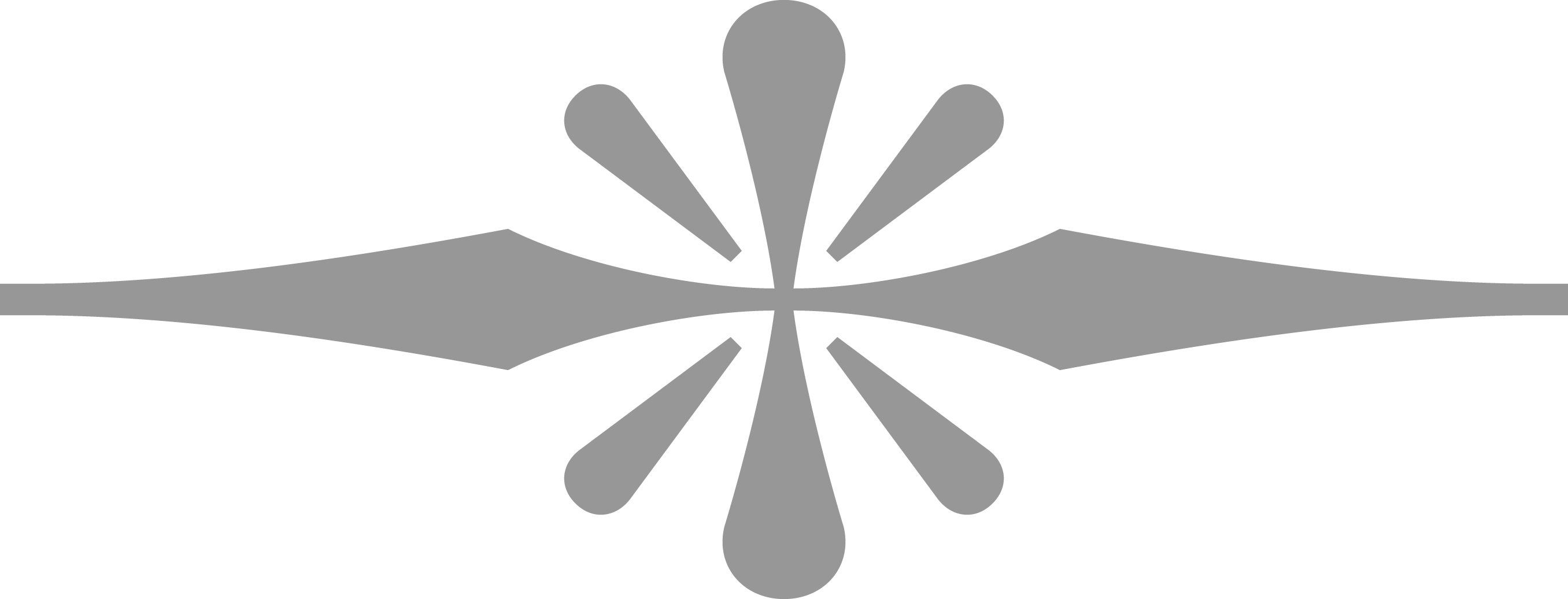
introduction
In examining disease, we gain wisdom about anatomy and physiology and biology. In examining the person with disease, we gain wisdom about life.
OLIVER SACKS
Tom was only forty when he arrived at Hospice Buffalo with end-stage AIDS. Unlike most of my patients, he was not surrounded by loved ones. Not a soul came to visit, ever. He was rather stoic, so I wondered if the absence of visitors was his choice rather than an indicator of his loneliness. Maybe that was his way of refusing to give death an audience.
I was puzzled but, wanting to respect his privacy, did not inquire. Toms emaciated body showed traces of once-chiseled muscles. He had kept fit and was still quite young, which gave me hope. In light of his age and physical conditioning, I thought that his body would be more likely to respond positively to life-prolonging treatment. Not long after he was admitted, I went to the nurses station and decreed, I think we can buy Tom some time. IV antibiotics and fluids should do it.
The charge nurse, Nancy, had been at Hospice Buffalo for much longer than I had. She knew her job, and everyone looked up to her. She was also not one to mince words. Still, her response took me by surprise: Too late. Hes dying.
I said, Oh really?
She replied, Yep. Hes been dreaming about his dead mother.
I chuckled awkwardlyequal parts disbelief and defensiveness. I dont remember that class from medical school, I said.
Nancy did not miss a beat. Son, you must have missed a lot of classes.
I was a thirty-year-old cardiology fellow finishing my specialty training while working weekends at Hospice Buffalo to pay the bills. Nancy was an exceptional veteran nurse who had limited patience for young, idealistic doctors. She did what she always did when someone was out of their depthshe rolled her eyes.
I went about my business, mentally running through all the ways modern medicine could give Tom another few weeks or even months. He was riddled with infection, so we administered antibiotics. Because he was also severely dehydrated, I asked for a saline drip. I did all I could do as a doctor to prolong his life, but within forty-eight hours, Tom was dead.
Nancy had been right in her estimation of where he was on the downward slope. But how could she have known? Was it just pessimism, the numbing effect of having watched so many people die? Was she truly using a patients dream as a predictor of life-span? Nancy had worked in hospice for more than two decades. She was tuned in to aspects of dying I knew nothing about: its subjective dimensions. How patients experienced illness, particularly dying, had mostly been ignored throughout my training as a doctor.
Like many physicians, Id never considered that there might be more to death than an enemy to be fought. I knew about blind interventiondoing everything possible to keep people conscious and breathingbut had little regard for the way any given individual might wish to die, or for the unavoidable truth that ultimately death is inevitable. Because it had not been part of my medical education, I failed to see how the subjective experience of dying could be relevant to my role as a doctor.

